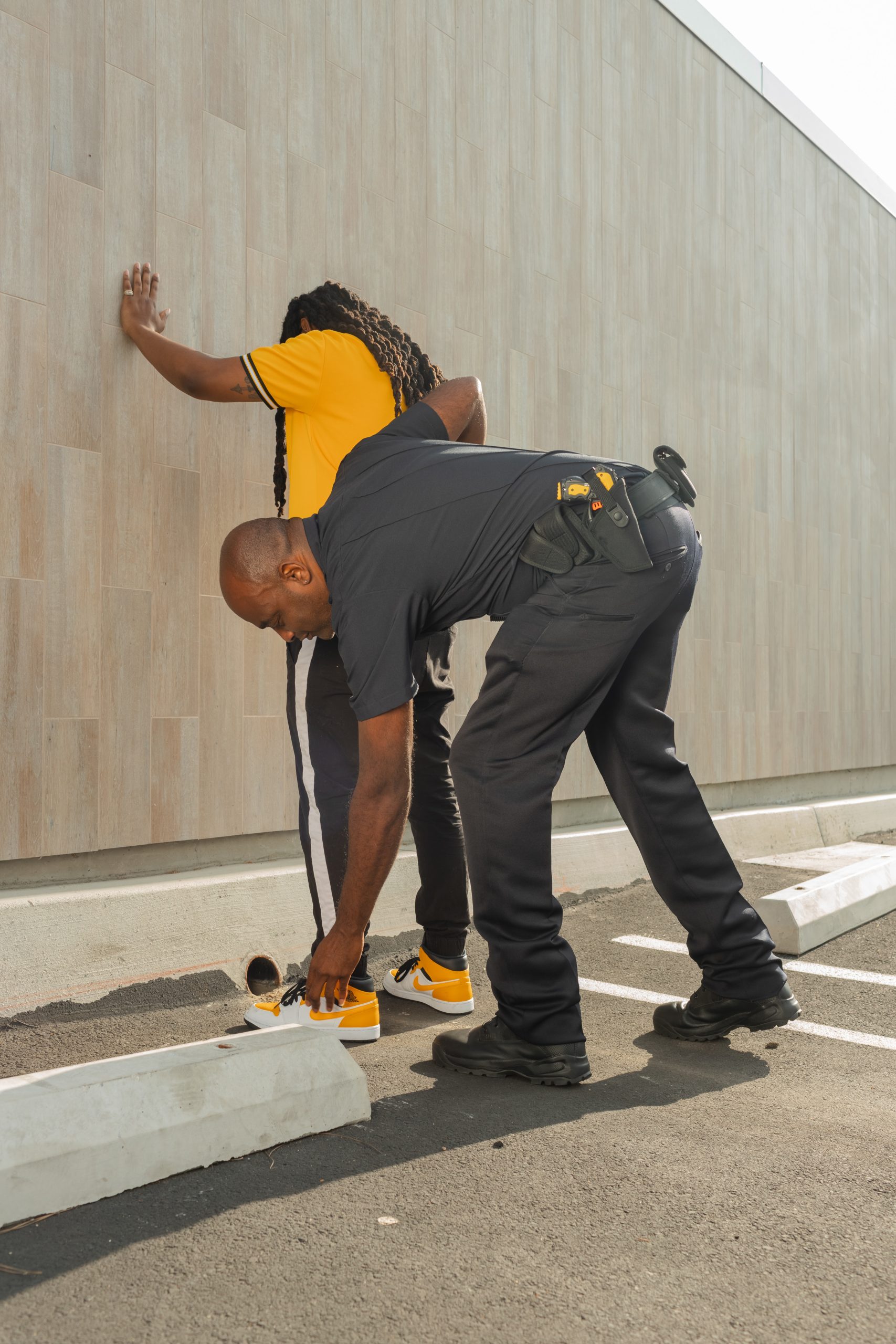Clemency in Massachusetts and its Potential for Revitalization
 Massachusetts has a fraught history with clemency and has strongly disfavored this post-conviction remedy for decades. Last year, however, there was a slight uptick in the number of clemency grants: Governor Charles Baker approved 3 commutations for Thomas Koonce, William Allen, and Ramadan Shabazz and 10 pardons.
Massachusetts has a fraught history with clemency and has strongly disfavored this post-conviction remedy for decades. Last year, however, there was a slight uptick in the number of clemency grants: Governor Charles Baker approved 3 commutations for Thomas Koonce, William Allen, and Ramadan Shabazz and 10 pardons.
Article 73 of the Amendments to the Constitution of the Commonwealth vests clemency power in the governor. There are two forms of clemency: commutation and pardon. A commutation is a reduction in sentence, which means the convicted individual faces a shorter period of incarceration than originally mandated. A pardon forgives the underlying offense, which means the individual’s conviction is erased. Although clemency power technically vests in the governor, there are multiple entities involved in the decision-making process. CONTINUE READING ›
 Boston Lawyer Blog
Boston Lawyer Blog








